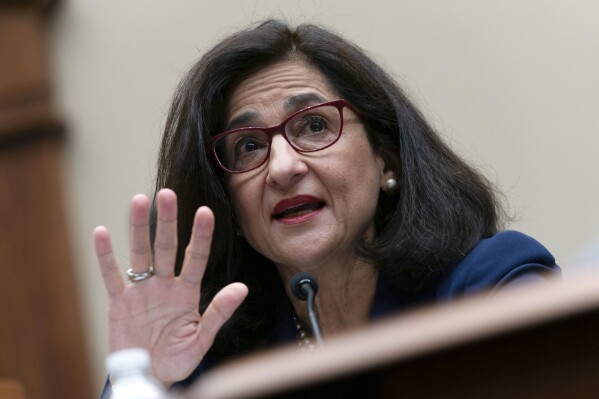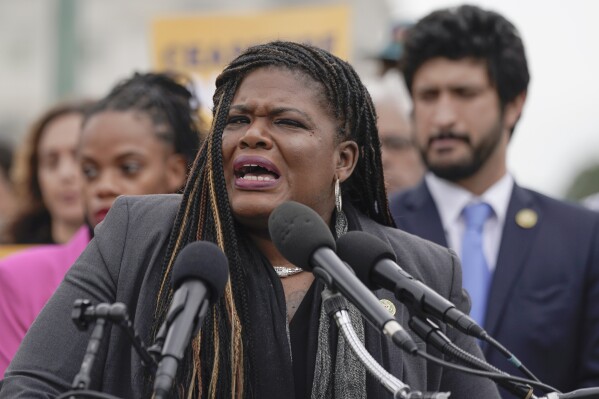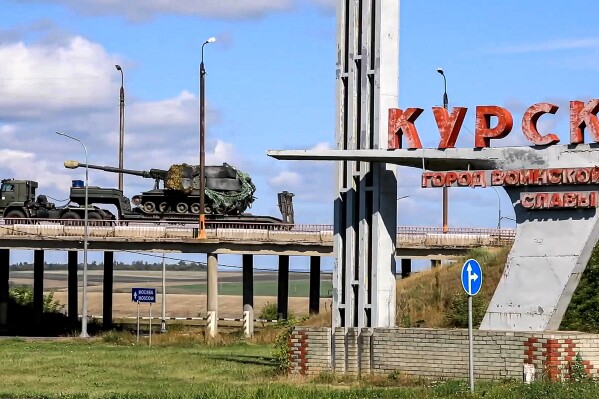Russia's Shadow Oil Fleet Funding Putin's War Laid Bare
Moscow is ducking oil sanctions using a "core fleet" of 45 tankers that the West should target if it is serious about choking off revenues for Vladimir Putin's war machine, according to research just released by a Ukrainian think tank.
As the country's biggest export, oil is a key driver of Russia's economy and since the start of Putin's full-scale invasion of Ukraine, has been the target of international sanctions in which a $60 price cap on a barrel of seaborne Russian crude oil was imposed by the G7, EU and Australia in December 2022.
But Russia has circumvented the sanctions with a shadow fleet of vessels whose ownership is reorganized to obscure links to Moscow. A vessel not owned, managed or insured by an entity in the sanctions coalition means the price cap is avoided.
The tankers tend to be older, prompting concerns they pose an environmental risk and they do not carry oil spill (P&I) insurance from the International Group (IG).
A report by the Kyiv School of Economics think tank, the KSE Institute, found that 307 shadow tankers had carried Russian crude oil in at least one of the six quarters between January 2023 and June 2024. Of those, 45 were involved in each of the six quarters and are considered to be part of the "core" shadow fleet.
"Not all shadow tankers are equal," said Benjamin Hilgenstock, KSE Institute senior economist and co-author of the report.
"If the international community were serious about this, then sanctions on these vessels that are consistently being used throughout the last one and a half years would probably be most impactful," he told Newsweek.
The report, which his team will share with sanction authorities in partner countries, also found that in the same time frame, 432 shadow tankers carried Russian oil products. Again, only a subset of this group, or 41 vessels, was involved in each of the last six quarters.
Of the 45 crude oil tankers and 41 oil products vessels in this "core" Russian shadow fleet, only eight have been sanctioned by the U.S., the EU, and the U.K. Six transport oil and two carry oil products.
The price cap is not hurting the oil revenues that Russia is using to fund its war machine, with up to 90 percent of Russian crude oil volumes still being shipped by the shadow fleet.
"They're not targeting enough vessels. We assume that this has been very effective and actually taking these tankers out of commercial operations, but the USA paused its designation campaign in the fall," Hilgenstock said.
Ukrainian President Volodymr Zelensky and British Prime Minister Keir Starmer discussed tackling Russia's shadow fleet during a meeting in London in July.
The KSE Institute said that 28 out of the 45 "core fleet" tankers transporting crude oil are managed in the UAE and had originally come from Russia's largest shipping company Sovcomflot, which Newsweek has contacted for comment. Reuters reported last October that Sovcomflot had transferred 45 tankers to a Dubai-based company, according to data on the Equasis public database of maritime information.
Hilgenstock said that the ease with which vessels can be moved between entities is allowing Russia to beat the sanctions regime.
The KSE Institute report also noted how Russia managed to add new vessels to the shadow fleet in the first half of 2024 as Moscow continues to try to offset its losses from the G7 and EU markets, with the largest buyers of its crude now India and China.
It urges governments to designate additional shadow fleet vessels for breaching sanctions, starting with those of the "core" shadow fleet.
This would result in significant sunk costs, while forcing Russia to rely more heavily on mainstream fleet tankers, which fall under the price cap. Acquiring new tankers would also see it rely on the secondary market in which ties with G7 jurisdictions are stripped—a costly undertaking for Russia.
"If we want to have an impact on Russian export earnings from oil and if we want to push back the shadow fleet then we have to significantly step up the designation campaign starting with those vessels that are consistently used," he said.
In January 2023, a month after the price cap regime came into force, the discount on Urals—the basis for pricing of the Russian export oil mixture—was almost $40, which had an immediate impact on revenues.
"Now we're at $12 to $13," Hilgenstock said. "To curb the amount of money that Russia earned from its oil export, we would have to significantly step up the designation to widen the discount again and take these extra export earnings away from Russia that it is currently generating."
Disclaimer: The copyright of this article belongs to the original author. Reposting this article is solely for the purpose of information dissemination and does not constitute any investment advice. If there is any infringement, please contact us immediately. We will make corrections or deletions as necessary. Thank you.




